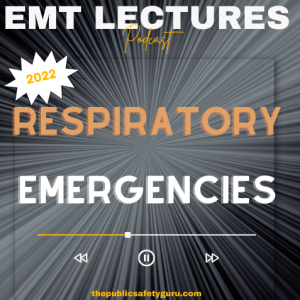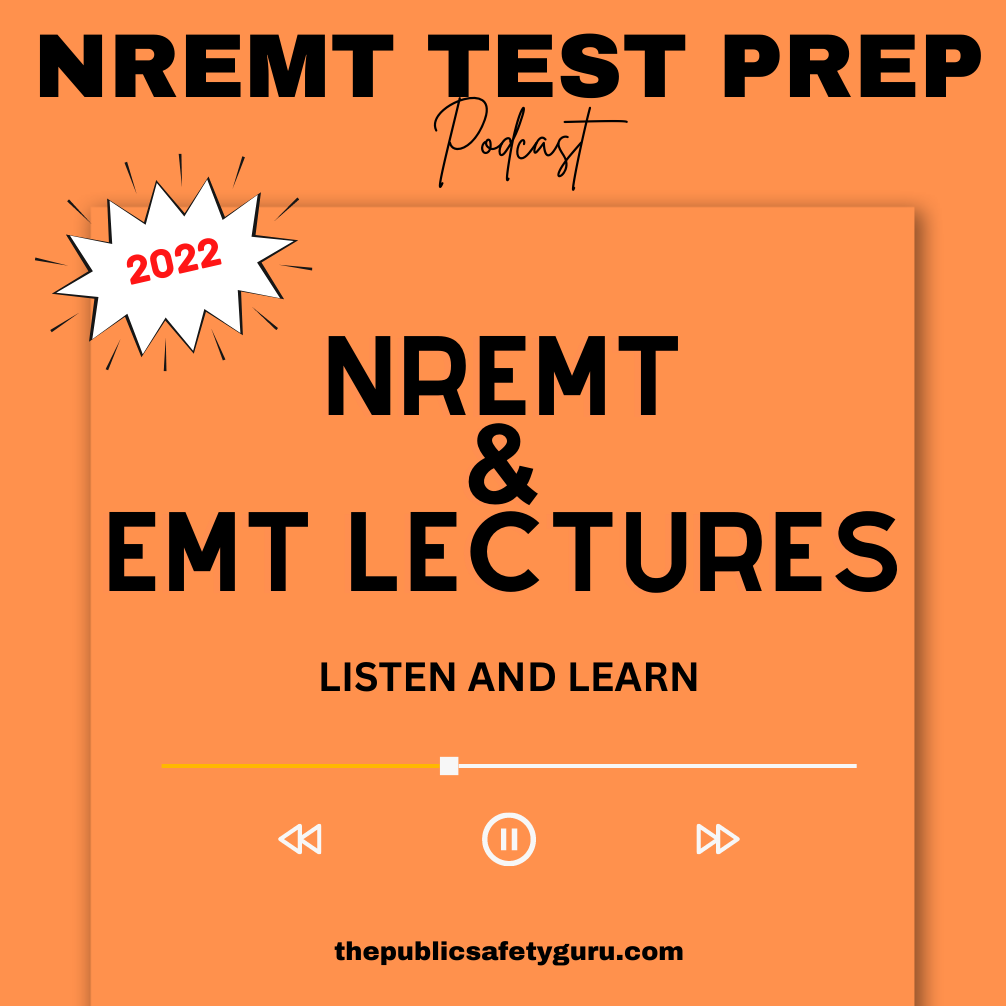
Episodes

Sunday Oct 02, 2022
Sunday Oct 02, 2022
Exclusive content and support:
The EMT will understand the significance and characteristics of respiratory emergencies in infant, child, and adult populations. The EMT should be able to demonstrate a fundamental comprehension on the following topics: respiratory anatomy and physiology, pathophysiology, signs and symptoms of various respiratory etiologies (eg, asthma, COPD, pneumonia), and the assessment and management necessary to provide basic care in the prehospital setting.
Knowledge Domains
- List the structures and functions of the upper and lower airways, lungs, and accessory structures of the respiratory system.
- Explain the physiology of respiration; include the signs of normal breathing.
- Discuss the pathophysiology of respiration, including examples of the common signs and symptoms a patient with inadequate breathing may present with in an emergency situation.
- Explain the special patient assessment and care considerations that are required for geriatric and pediatric patient who are experiencing respiratory distress.
- Describe different respiratory conditions that cause dyspnea, including their causes, assessment findings and symptoms, complications, and specific prehospital management and transport decisions.
- List the characteristics of infectious diseases that are frequently associated with dyspnea.
- Discuss some pandemic considerations related to the spread of influenza type A and strategies EMTs should employ to protect themselves.
- Describe the assessment of a patient who is in respiratory distress and the relationship of the assessment findings to patient management and transport decisions.
- Describe the primary emergency medical care of a person who is in respiratory distress.
Version: 20241125

No comments yet. Be the first to say something!